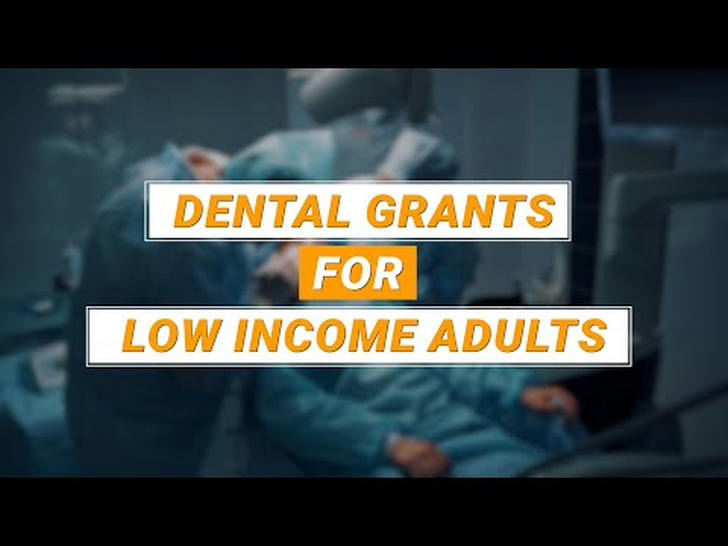🦷 U.S. Government Dental Care and Implant Programs
The U.S. government has several programs designed to help vulnerable populations, especially the elderly and low-income individuals, obtain necessary dental care and treatment.

Federal Government dental Programs
Medicare: Designed for individuals aged 65+ or those with certain disabilities.May cover dental work if part of a medical necessity (e.g., jaw surgery, heart valve replacement prep).
Medicaid: A joint federal-state program for low-income individuals and families.
Dental coverage varies by state:
Some states offer cleanings, fillings, dentures, and limited oral surgery.
Others may offer emergency dental care only.
Veterans Affairs (VA) Dental Benefits: Available to eligible U.S. military veterans.Full dental benefits provided to veterans with:
Service-connected dental conditions,May include implants if determined necessary by a VA dentist.
Indian Health Service (IHS)
Provides health services to American Indians and Alaska Natives.
Offers basic and preventive dental care.
State-Level Dental Programs
Each state manages its own Medicaid dental benefits and may offer unique programs to expand access. Here’s what’s commonly available:
State Medicaid Variants: Some states, like California (Denti-Cal) or New York, offer more extensive coverage.Services may include root canals, dentures, and limited oral surgery.
Senior Dental Programs: Many states fund dental programs for low-income seniors (age 55 or 60+).Often include cleanings, dentures, and oral health screenings.
Dental School Clinics: Public universities with dental schools offer low-cost treatment by supervised students.Services may include crowns, dentures, and occasionally implants, at significantly reduced fees.
Charitable and Nonprofit Dental Programs
Several nonprofit organizations and volunteer groups offer dental care and some may include implants in special cases.
Donated Dental Services (DDS): Run by Dental Lifeline Network.Connects volunteer dentists with disabled, elderly, or medically fragile patients.
Mission of Mercy (MOM): Offers dental clinics in temporary locations across the U.S.Services include cleanings, extractions, and fillings.
Conclusion
While dental implants are rarely covered by most public programs in the U.S., there are still valuable options available for those in need. Federal initiatives like Medicare and Medicaid offer limited support, especially when dental issues are tied to serious medical conditions. State-level programs vary widely, with some offering broader access to dental care for low-income individuals and seniors. Charitable organizations and nonprofit programs also play a crucial role, occasionally covering implants for those who qualify. For patients seeking affordable solutions, combining resources from multiple programs—federal, state, and nonprofit—can provide meaningful support, and in some cases, access to life-changing dental treatment.
